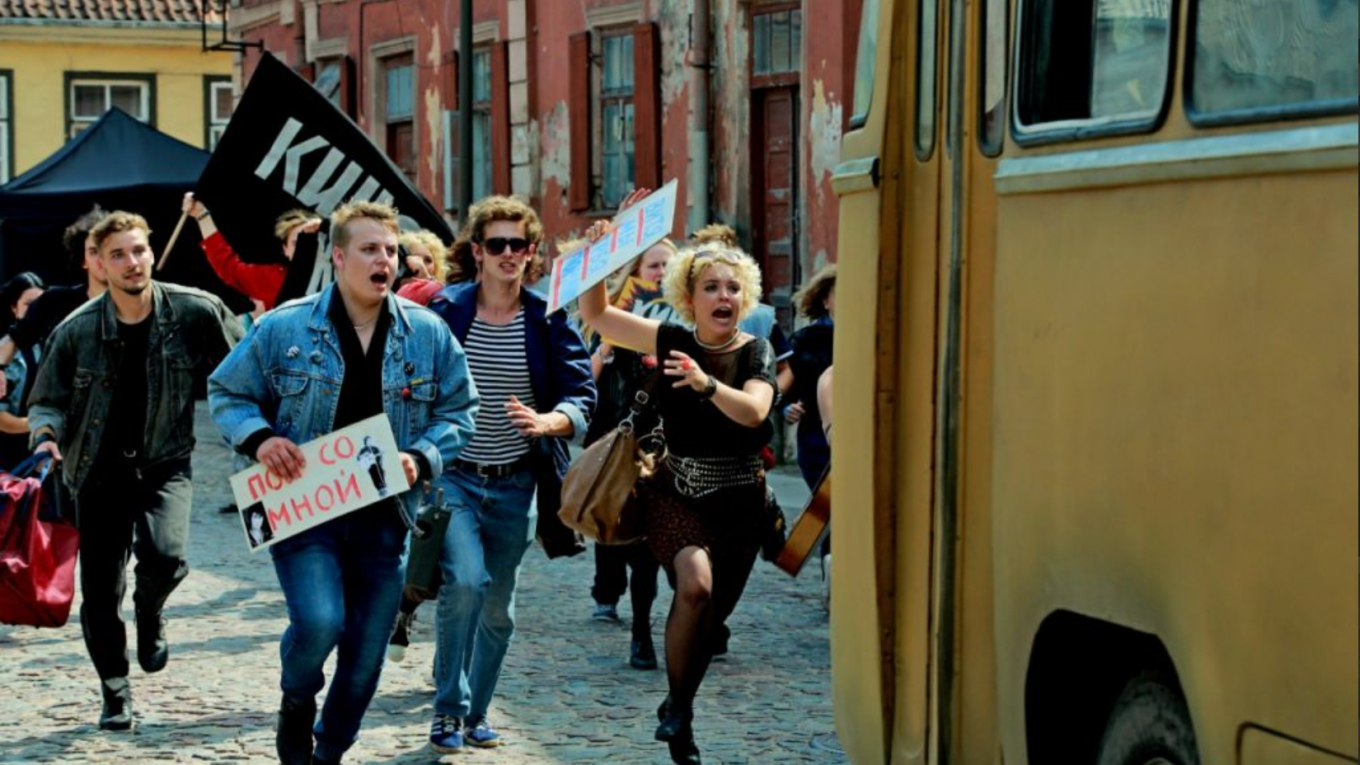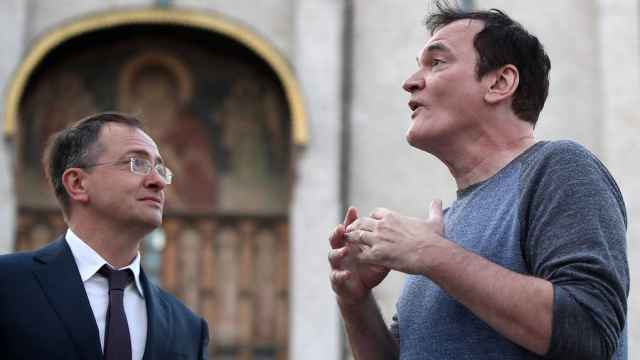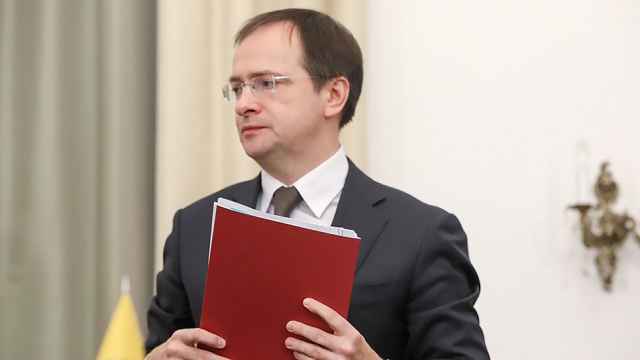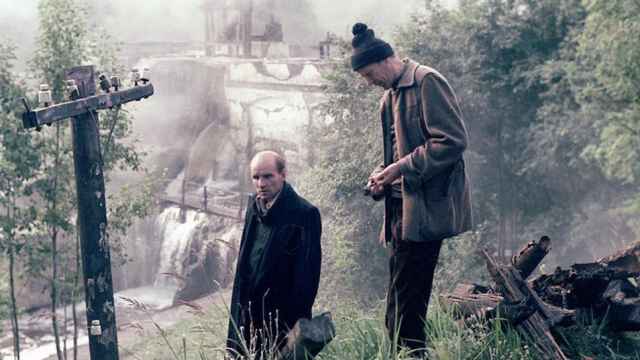Soviet rock icon Viktor Tsoi's legacy has experienced a renaissance in 2020, with his band Kino's Perestroika-era song “Khochu Peremen!” (I Want Changes!) becoming an anthem of the mass opposition protests in Belarus.
But don’t expect the charismatic Kino frontman to appear onscreen in a new biopic that opened in theaters across Russia on Thursday.
Director Alexei Uchitel’s “Tsoi” opens with the 1990 car crash on a Latvian highway that cut short his life at age 28. The scene, according to the movie’s Wikipedia entry, features Tsoi “completely generated by a neural network” because the authors were unable to find an actor with a similarly shaped head.
The rest of the 98-minute feature surrounds the bus driver (played by Yevgeny Tsyganov) involved in the deadly crash and others who transported Tsoi’s body back to his hometown of Leningrad, the Soviet-era name for St. Petersburg.
“The accident will change the driver’s life forever,” reads the movie’s IMDB description.
Uchitel saw “Tsoi’s” festival release on the 30th anniversary of the singer’s death in August 2020 as paying homage to the legend, according to the entertainment news website Afisha.
“Tsoi” was mired in controversy this summer when the singer’s surviving father and son urged President Vladimir Putin to block the release of what they called a “pathetic spectacle.”
Uchitel is no stranger to controversy.
His 2017 biopic about Tsar Nicholas II’s love affair with Polish ballerina Mathilde Kschessinska set off a wave of attacks, both verbal and physical, from Orthodox Christian activists who viewed the subject matter as blasphemous.
That film's backlash had reportedly forced Uchitel to postpone “Tsoi’s” filming until the summer of 2019.
A Message from The Moscow Times:
Dear readers,
We are facing unprecedented challenges. Russia's Prosecutor General's Office has designated The Moscow Times as an "undesirable" organization, criminalizing our work and putting our staff at risk of prosecution. This follows our earlier unjust labeling as a "foreign agent."
These actions are direct attempts to silence independent journalism in Russia. The authorities claim our work "discredits the decisions of the Russian leadership." We see things differently: we strive to provide accurate, unbiased reporting on Russia.
We, the journalists of The Moscow Times, refuse to be silenced. But to continue our work, we need your help.
Your support, no matter how small, makes a world of difference. If you can, please support us monthly starting from just $2. It's quick to set up, and every contribution makes a significant impact.
By supporting The Moscow Times, you're defending open, independent journalism in the face of repression. Thank you for standing with us.
Remind me later.






